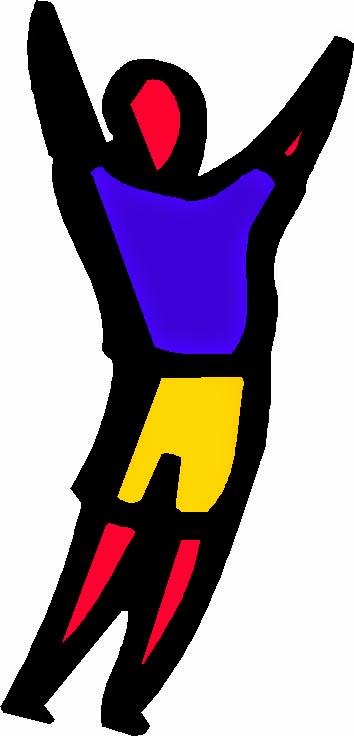Sally
once asked me how I managed to remember our wedding anniversary. I told her it
was easy. It was five days before the Marine Corps birthday. She smiled, I
think. Our wedding was almost 60 years ago, but the Marine Corps celebrates 239
years on November 10, 2014.
The
Marines once transported my rigid body over Hawaii’s Big Island. The pilot and
I shared a helicopter so we could watch napalm explosions below. My blood
turned to snow like the frozen cap on Mauna Kea, just to our left. (Measured
from its foundation at the bottom of the Pacific, Mauna Kea is the world’s
tallest mountain.) In my headphones I heard the pilot soothing me with words
about how many other wimps were also paralyzed when they looked down. That’s
when they discovered there was no floor under them to obscure the heights and
depths below. I think we had a nifty landing. I could tell you more about it if
I’d kept my eyes open. I’d been zapped-aphobia by acrophobia.
I
never saw written evidence of this, but the publisher of the Big Island daily
newspaper told me that in the early days of World War II a Marine officer was
so angry about something in the Hilo Tribune-Herald that he ordered it closed.
By the time I became editor of the paper in the late 1950s the story was
thought to suggest bad taste, a social blip, on the part of that anonymous
Marine, and it wasn’t in the spirit of aloha to talk about it. The closing was
brief, anyway, according to the legend.
I
was newspapering in Honolulu during much of the Vietnam war, and there I met Lt.
Gen. Victor H. Krulak, an early advocate of using helicopters for attacks. He
became commanding general of the Fleet Marine Force, Pacific. He thought he
might be named commandant of the Marine Corps, but Lyndon Johnson had someone
else in mind. It was said that Johnson smoldered over Vietnam issues raised by
Krulak. Krulak retired in 1968 and became an executive of Copley Newspapers in
San Diego. Eventually his son, Charles C. Krulak, became the USMC’s 31st
commandant.
Today’s
commandant is Gen. J. F. Dunford, Jr.
Not
everyone understands the Marine Corps’ enormous contribution to world peace and
American stability. A world without any need for police departments or military
forces has been elusive from the beginning of history. This country celebrates
Veterans Day every November 11, saluting all who wear the uniforms of
distinction, Americans who have the strength to stand against Nazis of one
generation and terrorists of another.
My
son John, a man of many talents and a dedication to justice and peace, served
aboard a Navy aircraft carrier. I met my brother-in-law, Frank Petrine, when he
returned from the Korean War. Too many of my boyhood friends lost their lives
in World War II, and most of the veterans I knew from those days have moved on.
As a kid standing near the corner of Main and Third in Jamestown, I waved to
Civil War vets in what was then called the Armistice Day parade. I’ve lost
count of the wars since then. A newspaper friend once told me he had spent his
entire working life covering wars. Even so, civilization is still possible.
Blessed
are the peacemakers. Too bad there aren’t enough of them in civilian clothes.


